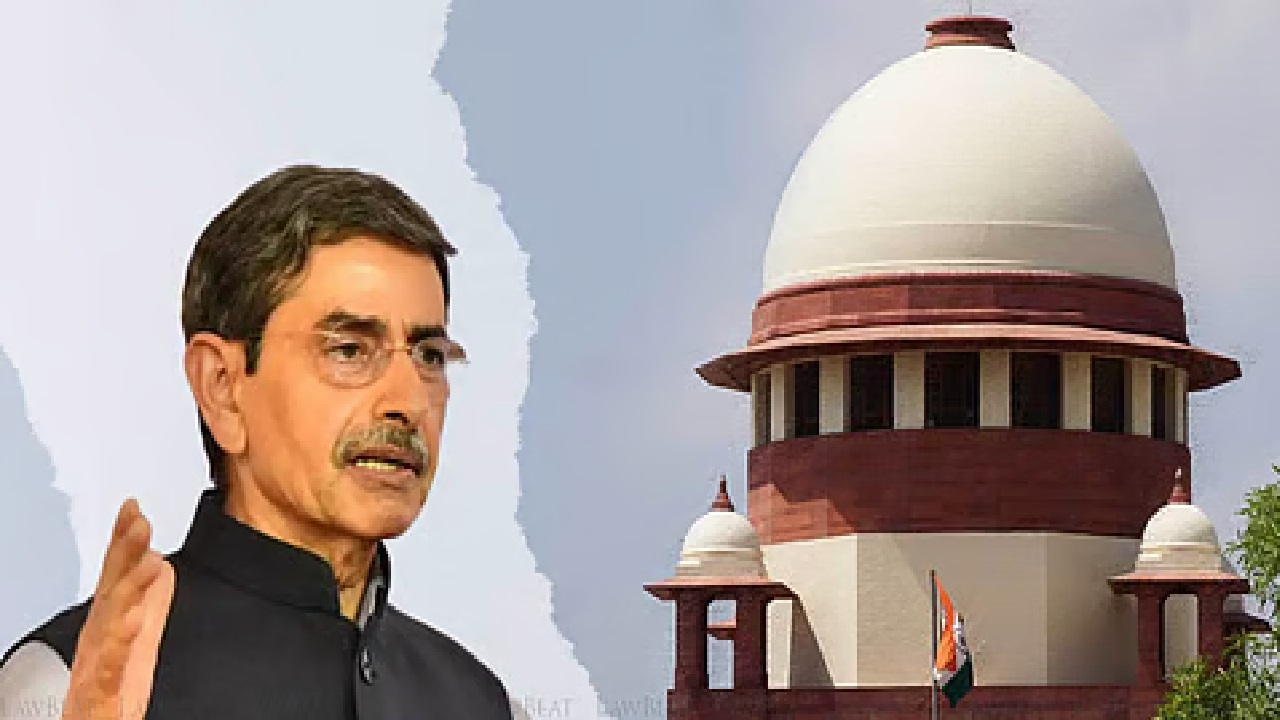A Shift in Evaluation
The National Council of Educational Research and Training (NCERT) has put forth a significant proposal to revamp the evaluation system for Class 12 board exams in India. This new model suggests that students’ performance from Classes 9, 10, and 11 should be factored into their final Class 12 results. The move aims to provide a more holistic and comprehensive assessment of a student’s academic journey, reducing the pressure of a single final exam.
Proposed Mark Distribution
Under the proposed system, the final Class 12 results would be composed of marks accumulated over four years:
Class 9: 15% of the marks
Class 10: 20% of the marks
Class 11: 25% of the marks
Class 12: The remaining 40% of the marks
This distribution ensures that students’ academic performance across multiple years is considered, encouraging consistent effort rather than last-minute cramming.
Two Types of Examinations: Formative and Summative
The NCERT’s proposal divides the examination process into two categories:
Formative Assessments: These assessments will focus on projects, group discussions, and teacher evaluations, promoting continuous learning and engagement throughout the year.
Summative Assessments: These will be conducted at the end of the academic year, similar to traditional final exams, providing a comprehensive review of the year’s learning.
Class-wise Mark Distribution
The proposal outlines a detailed mark distribution approach across different classes:
Class 9: 70% Formative + 30% Summative
Class 10: 50% Formative + 50% Summative
Class 11: 40% Formative + 60% Summative
Class 12: 30% Formative + 70% Summative
For Classes 10 and 12, the assessments will be split into two terms, incorporating various evaluation methods such as Portfolio Assessment, Self-Assessment, Peer Assessment, and Teacher Observation.
Enhanced Assessment Methods
The proposal also introduces new elements in Term II for formative assessments, including Project Work, Paper Presentations with viva voce, and Group Discussions. The summative assessments will include a mix of Long Answers, Short Answers, Very Short Answers, and Multiple Choice Questions, all aligned with Learning Outcomes.
Reducing Stress, Enhancing Learning
If implemented, NCERT’s proposed system could significantly alter the landscape of secondary education in India. By distributing the weight of final assessments across four years, the new model aims to reduce the stress associated with the Class 12 board exams, encouraging consistent academic effort and providing a more balanced and comprehensive evaluation of students’ abilities.
(With inputs from agencies)








